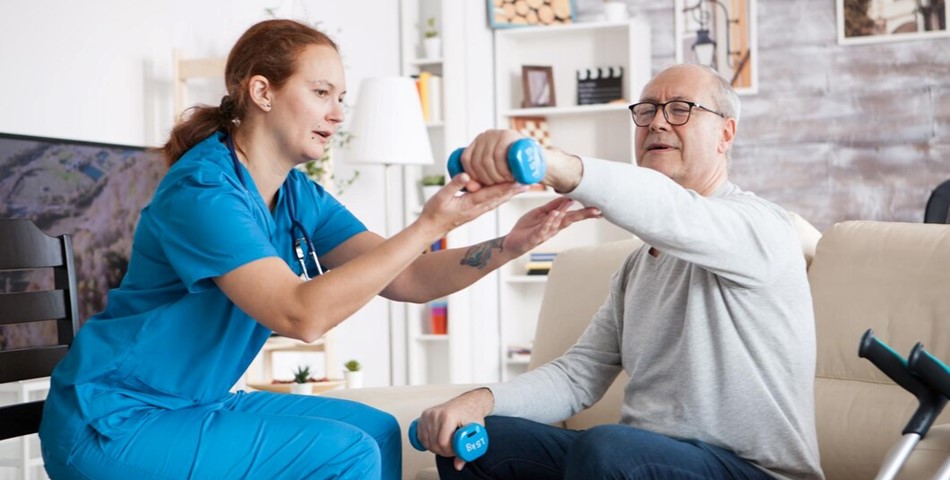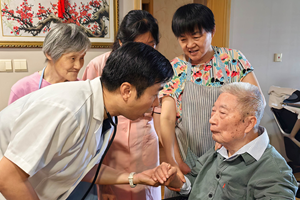A recent study published in BMC Geriatrics suggests that incorporating rehabilitative video games into physical therapy may be more effective than traditional physical therapy alone in managing symptoms of Parkinson’s disease. The study compared the effectiveness of video game-based therapy, motor imagery therapy, and routine physical therapy in improving motor symptoms and functional outcomes among individuals with Parkinson’s disease.
Physical therapy plays a crucial role in the care of individuals with Parkinson’s disease, aiming to optimize mobility and physical function through tailored exercises and routines. With advancements in technology, researchers have explored innovative approaches such as video game-based therapy and motor imagery therapy as complementary interventions to traditional physical therapy.
The study, conducted by scientists in Pakistan, enrolled 60 participants with Parkinson’s disease in a randomized controlled trial. The participants were divided into three groups: one group received traditional physical therapy only, another group received traditional physical therapy along with rehabilitative games on the Wii system, and the third group received physical therapy combined with motor imagery therapy.
Over the course of 16 weeks, all participants underwent at least 33 sessions of 40 minutes each and were evaluated at the beginning, end, and intermittently during the study period. Motor symptom severity was assessed using Part 3 of the Unified Parkinson’s Disease Rating Scale (UPDRS), which measures various aspects of motor function.
The results indicated that individuals receiving video game-based therapy experienced significant improvements in motor symptom severity compared to those in the motor imagery therapy group and the physical therapy-only group. Participants engaging in video game-based therapy saw a notable decrease in average UPDRS scores, indicating less severe motor symptoms.
Additionally, measures of functional outcomes, such as the ability to independently carry out day-to-day activities, showed greater improvement in the video game intervention group compared to the other two groups. Balance, a key aspect affected by Parkinson’s disease, also demonstrated notable enhancement with the use of rehabilitative video games.
The researchers concluded that integrating rehabilitative video games into routine physical therapy practice may offer superior outcomes for individuals with Parkinson’s disease compared to traditional physical therapy alone or motor imagery therapy. However, they underscored the need for further research to validate these findings and explore the long-term benefits of video game-based therapy in Parkinson’s disease rehabilitation.
These findings contribute to the growing body of evidence supporting the efficacy of technology-assisted interventions in improving outcomes for individuals with neurological conditions like Parkinson’s disease. As technology continues to evolve, leveraging innovative approaches in rehabilitation may offer new avenues for enhancing quality of life and functional independence for individuals living with Parkinson’s disease.
BMC Geriatrics.













